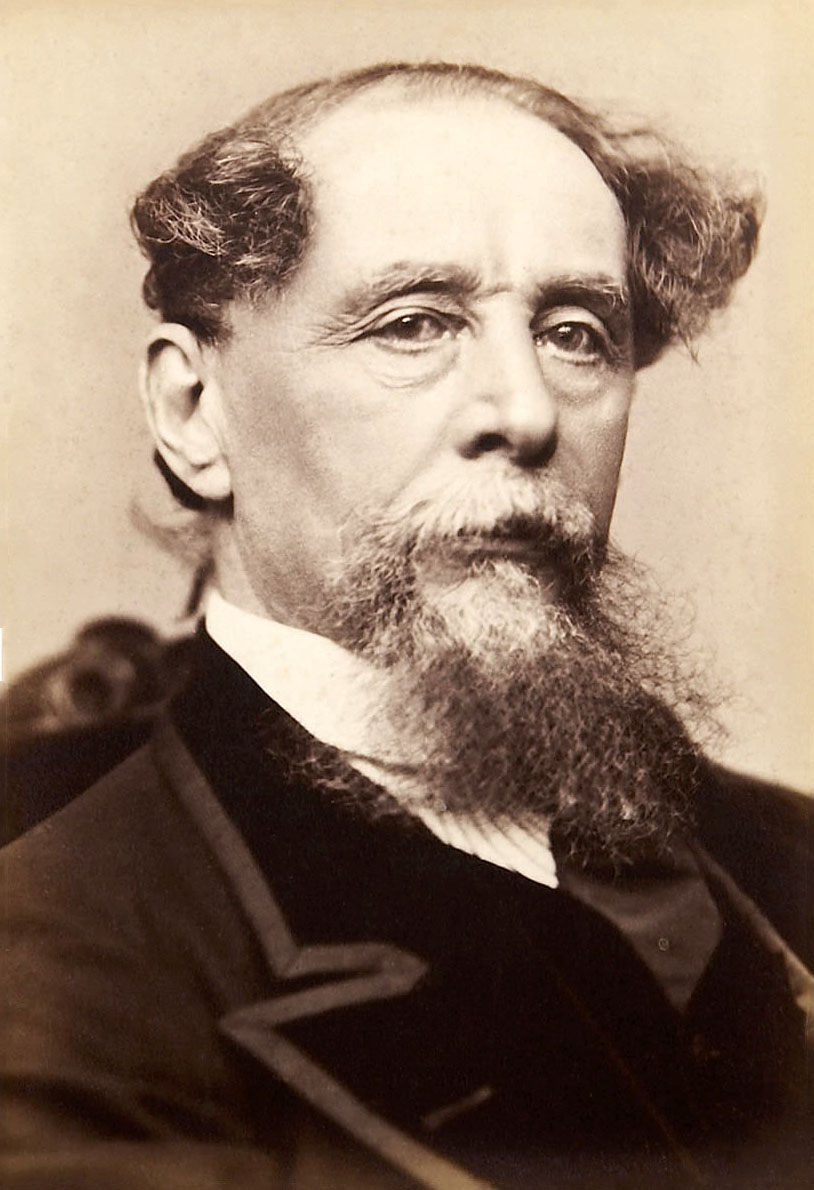Charles Dickens
Novelist • 1812-1870
English writer and social critic, creator of some of the world's best-known fictional characters.

Daily Schedule
What to Learn from Charles's Routine
Dickens's routine reveals obsessive-compulsive tendencies channeled into creative productivity. His morning ritual of arranging his desk—every item in its exact place—wasn't procrastination but psychological preparation. The five-hour writing block (9 AM to 2 PM) was sacred and highly productive, producing the serialized novels that made him famous. But it's his afternoon walks that are most remarkable: 10-15 miles daily, often through London's poorest neighborhoods. These weren't leisure—they were research, observation, and physical processing of his morning's work. He walked so vigorously that companions struggled to keep up. The walks fed his novels with vivid characters and settings drawn from real life. His evening reading and editing (9 PM to midnight) show his commitment to craft—he constantly revised and improved his work. The routine demonstrates how physical movement can be integral to creative work, how observation feeds imagination, and how rituals (the desk arrangement) can trigger creative flow. Dickens's productivity was legendary, and this routine sustained it for decades.
Key Takeaways
- •Rituals prepare the mind for creative work
- •Long walks provide observation and processing time
- •Physical vigor supports mental creativity
- •Evening revision improves morning's output
Sources
- • Charles Dickens by Claire Tomalin
- • Daily Rituals by Mason Currey
More writing Routines

Maya Angelou
Poet, Author, Civil Rights Activist
American memoirist, poet, and civil rights activist, best known for her series of seven autobiographies.

Franz Kafka
Writer
German-speaking Bohemian novelist and short-story writer, widely regarded as one of the major figures of 20th-century literature.

Victor Hugo
Poet, Novelist, Dramatist
French Romantic writer, best known for Les Misérables and The Hunchback of Notre-Dame.
Similar Routines

Benjamin Franklin
Polymath, Inventor, Founding Father
One of America's Founding Fathers, Franklin was a writer, scientist, inventor, statesman, diplomat, printer, and political philosopher.

Maya Angelou
Poet, Author, Civil Rights Activist
American memoirist, poet, and civil rights activist, best known for her series of seven autobiographies.

Ludwig van Beethoven
Composer, Pianist
German composer and pianist, one of the most admired composers in the history of Western music.

Wolfgang Amadeus Mozart
Composer, Musician
Prolific and influential composer of the Classical period, known for his operas, symphonies, and chamber music.

Charles Darwin
Naturalist, Biologist
English naturalist whose theory of evolution by natural selection became the foundation of modern evolutionary studies.

Franz Kafka
Writer
German-speaking Bohemian novelist and short-story writer, widely regarded as one of the major figures of 20th-century literature.